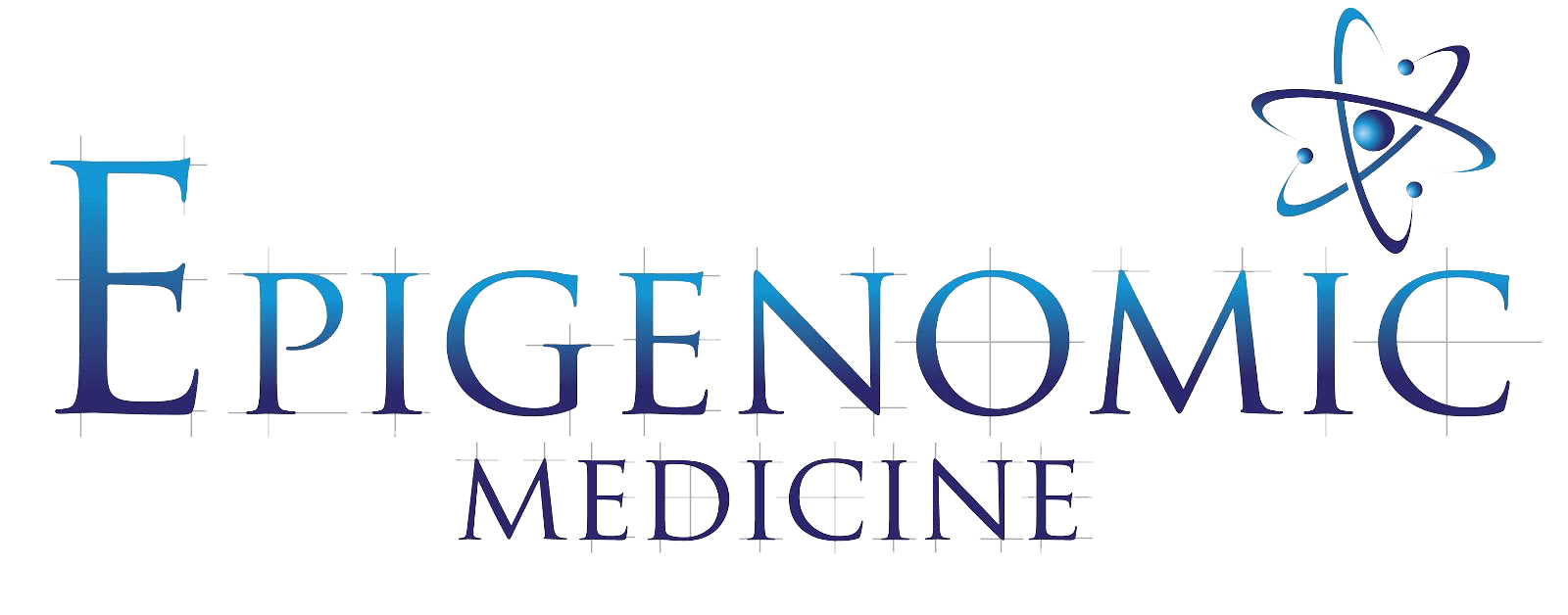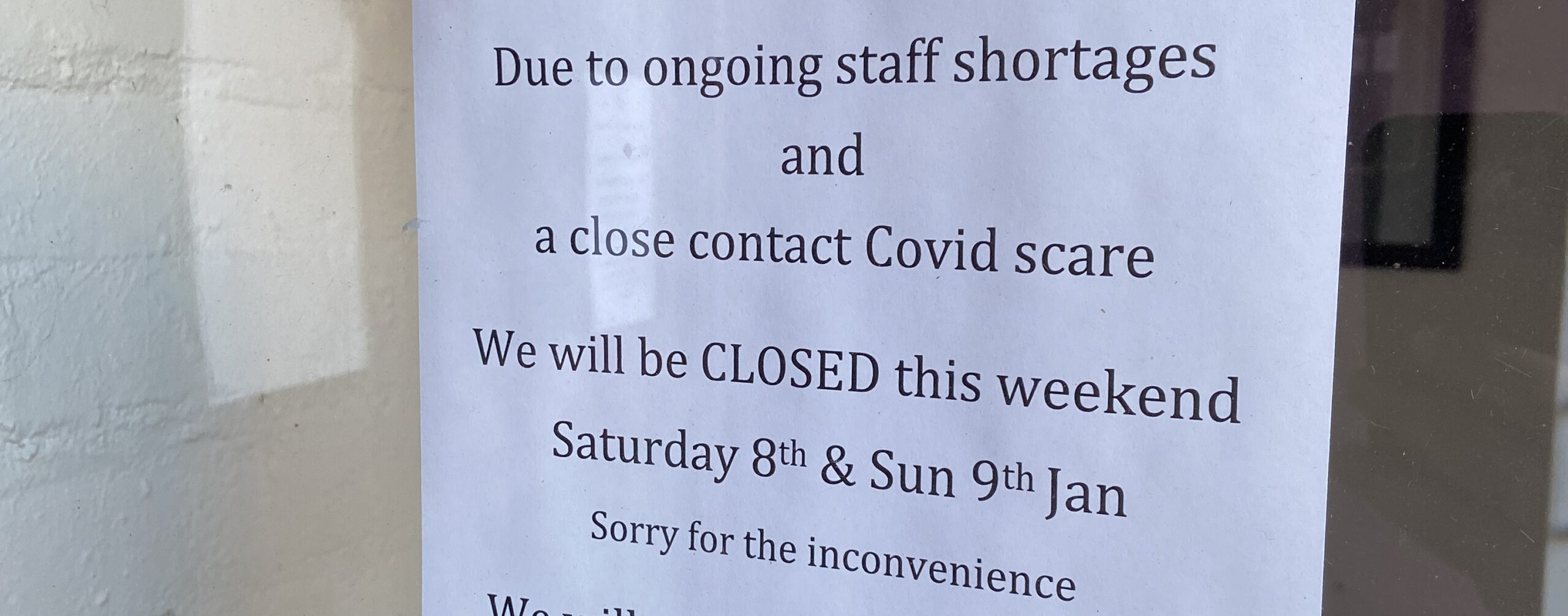one of which is the enigmatic relationship between COVID-19 and Broken Heart Syndrome. Also known as Takotsubo Cardiomyopathy or stress-induced cardiomyopathy, this condition manifests as acute heart muscle weakening, resembling a heart attack, without any evidence of coronary artery blockages. While this syndrome has been recognized for decades, its association with COVID-19 has sparked new interest among medical professionals worldwide.
Broken Heart Syndrome typically occurs after an individual undergoes severe emotional or physical stress, such as the loss of a loved one, financial stress, or a sudden illness. However, the COVID-19 pandemic introduced an unprecedented level of stress, anxiety, and fear, leading to a surge in cases of this perplexing heart condition. The link between COVID-19 and Broken Heart Syndrome is still being actively researched, but there are several mechanisms that may explain their connection.
Firstly, the direct impact of the SARS-CoV-2 virus on the cardiovascular system cannot be ignored. The virus primarily targets the respiratory system, but it can also invade the blood vessels and heart tissue, leading to inflammation and weakening of the heart muscle. This systemic inflammation combined with the emotional and physical toll of the pandemic could be the catalyst for triggering Broken Heart Syndrome in susceptible individuals.
Secondly, the psychological stress induced by the pandemic plays a significant role in this cardiac condition. The fear of the virus, prolonged isolation, economic uncertainties, and social disruptions have collectively taken a toll on mental health globally. Studies have shown that excessive stress can cause the release of stress hormones like adrenaline and cortisol, leading to cardiac dysfunction. These stress hormones can also constrict blood vessels and increase the heart rate, thereby putting additional strain on the heart.
Moreover, the pandemic-induced changes in lifestyle habits have further contributed to the rise in Broken Heart Syndrome cases. Reduced physical activity, unhealthy eating patterns, increased alcohol consumption, and disrupted sleep patterns have been observed during the pandemic, all of which can negatively impact cardiovascular health.
It is essential to recognize the symptoms of Broken Heart Syndrome promptly to differentiate it from a heart attack and provide the appropriate medical attention. Common symptoms include chest pain, shortness of breath, and an irregular heartbeat. Timely intervention can prevent severe complications and improve the chances of recovery.
In conclusion, the COVID-19 pandemic has not only affected respiratory health but has also left an indelible mark on the cardiovascular system. The interplay of the virus’s direct impact, psychological stress, and lifestyle changes has contributed to an upsurge in cases of Broken Heart Syndrome. As the world grapples with the aftermath of the pandemic, understanding and addressing the stress-cardiac connection become paramount. Raising awareness, providing mental health support, and encouraging healthy lifestyle choices will be crucial in mitigating the impact of Broken Heart Syndrome during and after these trying times.

